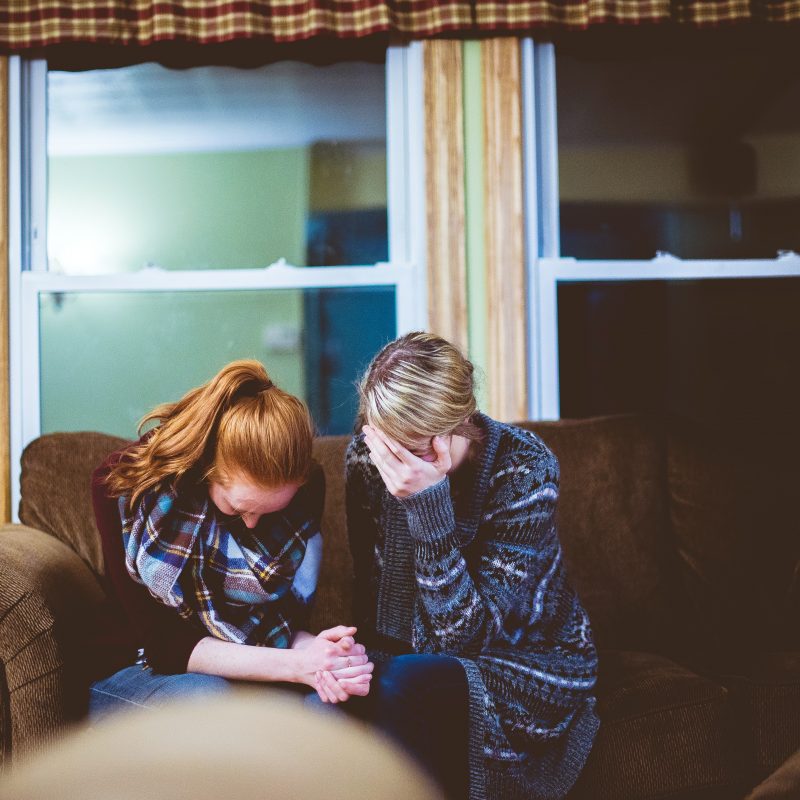A man came into my office and related that his wife has been diagnosed with a terminal disease. He said his children are teenagers, and since she went to hospital they will not listen to what he says, and while not openly challenging him, they are not doing their homework and chores as they know they should. He feels he is unable to control them, and cannot cope by himself.
I refer to my DOLIF model and after a brief description of the way he interacts with his children compared with the way they seem to feel about their mother, as well as how the entire family conducts itself, I gather that the mother is probably the Prime Love Giving parent in this case. My model tells me that children’s attachment to their PLG is so deep that the loss of this parent is an earth-shattering Emotional event – one of the greatest LOSSES in life, and perhaps even the greatest one. As one client once put it: “When your prime parent passes, it’s as if the rug is pulled out from under you!”
So once I have some insight into the depth of the children’s grief, and knowing she is very ill, perhaps terminally so, I suppose the children are actually devastated. I figure they are probably so consumed by their sadness that they are unable to carry on their usual activities. Finally, I recognize from my model that as an ALG or Additional/Assisting Love Giver, although this father has his heart in the right place, he can not appreciate the full extent of their attachment to their mother and the shattering nature of their grief. It was perhaps never necessary for him to consciously acknowledge their relationship in the past, but now coming face-to-face with her death, he is confronting the depth of her role and attachment to them, and theirs to her, which is reflected in the extent of their grief. While the PLG/ALG division in roles is my reckoning as his therapist, there is no need to be explicit to him about his role in the family or compare his role with that of his wife, and of course, I am aware that he is burdened with his own grief.
My advice to this gentleman, whom I have deduced is the Additional Love Provider for these children, is that he should go easy on the children for now, and not expect them to have their usual level of energy, as they are immersed in a profound state of sadness, and cannot be expected to behave or conduct their lives as they normally would. If he can, I advise him to try to be as supportive to them as possible, and not blame himself for his inability to control them. I assure him they are not trying to be oppositional toward him, but are reacting with their own anxieties and sense of impending loss, and will regain their equilibrium in time. I inform him that the best he can do for now is to let go of obligations such as chores and homework temporarily as much as is reasonable and possible. I sympathize with his own great loss and the new burdens he must face in order to direct him to turning his attention to helping his children grieve, and sharing his own grief with them. Finally I suggest that if the family wishes, they may seek to attend grief counseling after her passing to help each of them regain their emotional strength as well as their new balance as a single parent family. This was accomplished in one session with the father alone.


